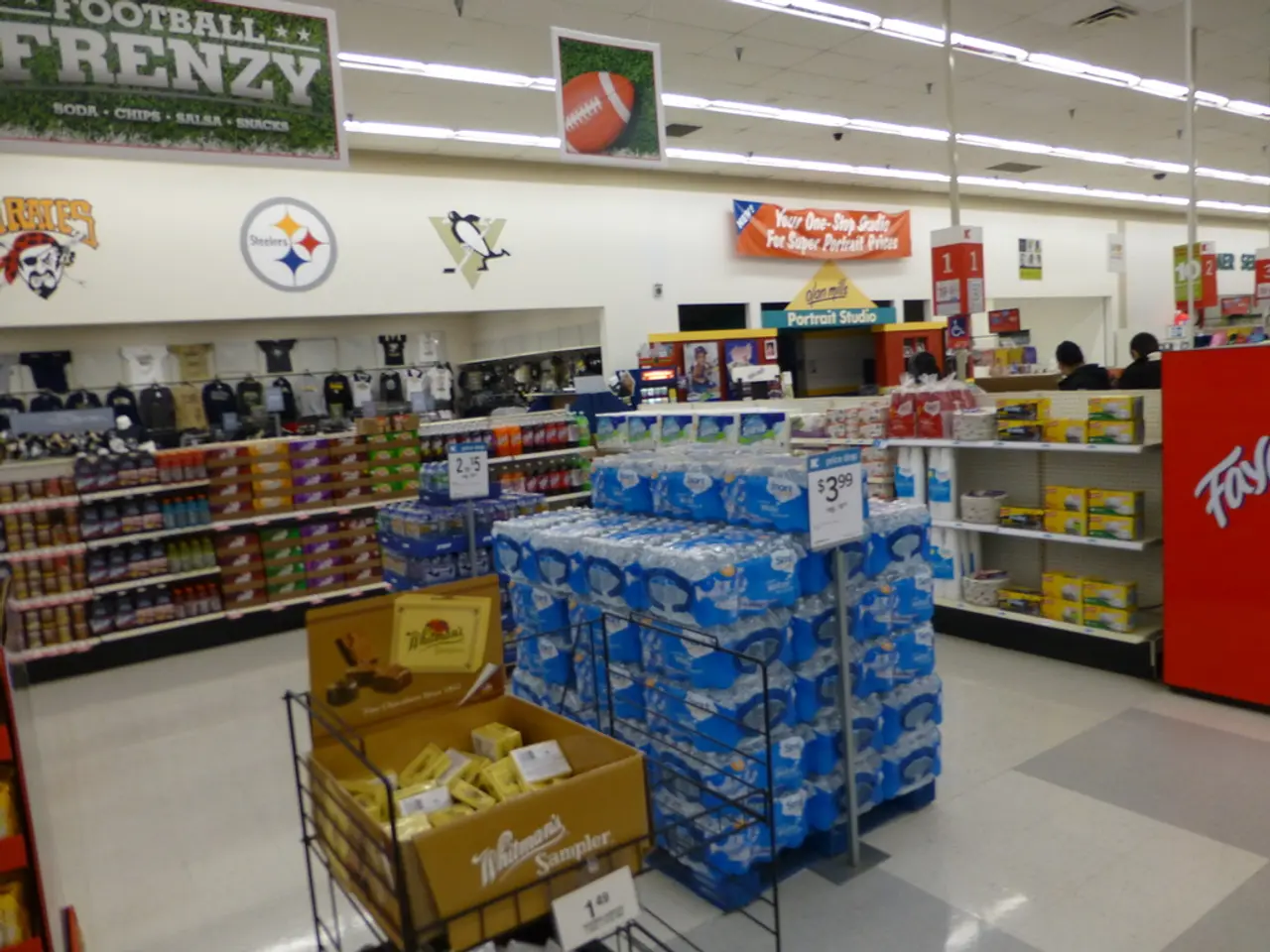Understanding the Pawnshop System: Operations and Mechanics
In North Carolina, opening a pawnshop involves adhering to several regulations and legal requirements at federal, state, and local levels. Here's a breakdown of the key steps to set up a pawnshop in the state.
- Business Licensing: Before operating, you must obtain appropriate local business permits or licenses depending on the city or county where the pawnshop will be located. Check with local government offices for business licenses.
- Federal Requirements: If your pawnshop deals with firearms or ammunition, you will need a Federal Firearms License (FFL) issued by the Bureau of Alcohol, Tobacco, Firearms and Explosives (ATF). Selling firearms without an FFL is illegal, and you must comply with federal prohibitions on sales to certain restricted persons.
- Employer Identification Number (EIN): You must get an EIN from the IRS for tax purposes and payroll if you hire employees.
- Pawnshop-Specific Regulations: North Carolina law requires pawnbrokers to keep detailed records of all transactions, retain pledged property for a minimum time period before resale, and report transactions to local law enforcement. These regulations help prevent the pawning of stolen goods and assist police in crime prevention.
- Local Ordinances and Zoning: Local government (city or county) may impose zoning restrictions and additional operational requirements for pawnshops, such as hours of operation, signage regulations, or special permits.
- Penalties for Non-Compliance: Violations of local codes or licensing requirements may result in fines, misdemeanor charges, or revocation of licenses.
To ensure full compliance with all applicable rules beyond federal licensing and basic business permits, it is advisable to consult the North Carolina Department of Revenue, the local city or county clerk, and possibly a legal expert specializing in pawnshop laws.
Key Requirements at a Glance:
| Requirement | Responsible Authority | Notes | |---------------------------------|-----------------------------------|-------------------------------------------------------------| | Business License/Permit | City or County Local Government | Varies by jurisdiction; required before operating | | Federal Firearms License (FFL) | ATF (Federal) | Needed if buying/selling firearms or ammunition | | Employer Identification Number | IRS (Federal) | Needed for taxes, hiring, payroll | | Pawnshop Transaction Reporting | State and Local Law Enforcement | Records of transactions to prevent fencing stolen goods | | Zoning and Operational Rules | Local Government | Compliance with local zoning and hours of operation rules | | Penalties | State and Local Law Enforcement | Fines, misdemeanor charges, license revocation for violations|
Pawnshops in North Carolina are regulated to ensure a safe and fair environment for both customers and businesses. As a pawnbroker, you will be loaning money against collateral, testing items for authenticity and functionality, and maintaining detailed records. It's essential to maintain a good reputation in the community to run a successful and stable business.
Pawnshops in North Carolina offer a wide variety of items for sale, including electronics, tools, lawn equipment, sporting goods, clothing, musical instruments, jewelry, saddles, wheelchairs, motorcycle leather, bicycles, and more. They often have a specialty, and the shop sells new merchandise in that area. For example, Rick's Music & Pawn sells both new and used instruments, speakers, and other music-oriented items.
If the loan is not repaid, the pawnbroker keeps the collateral. The total (interest plus fees) limits in North Carolina are: First month - $100.00, Second month - $75.00, Third month - $75.00, Fourth to six months - $50.00.
- In addition to the state and federal regulations, the electronics industry and personal-finance sector are relevant to the pawnshop business, as many customers might use their electronic devices as collateral for loans.
- Operating a pawnshop in North Carolina requires a good understanding of the history of pawnshops, dating back thousands of years, to ensure compliance with modern regulations and provide a fair environment for customers.
- As the pawnshop industry continues to evolve with advancements in technology, the integration of banking and insurance services could become a valuable addition to pawnshops, offering customers more financial services under one roof.
- To accommodate customers' entertainment needs, it's common for pawnshops in North Carolina to carry various musical instruments, television sets, and even display vintage music memorabilia, creating a unique shopping experience.
- The financing and sales of firearms in a pawnshop involve strict adherence to Federal Firearms Licensing (FFL) and the everyday cash transactions necessitate sound knowledge of money management and budgeting, which are topics covered in banking-and-insurance studies and personal-finance courses.




